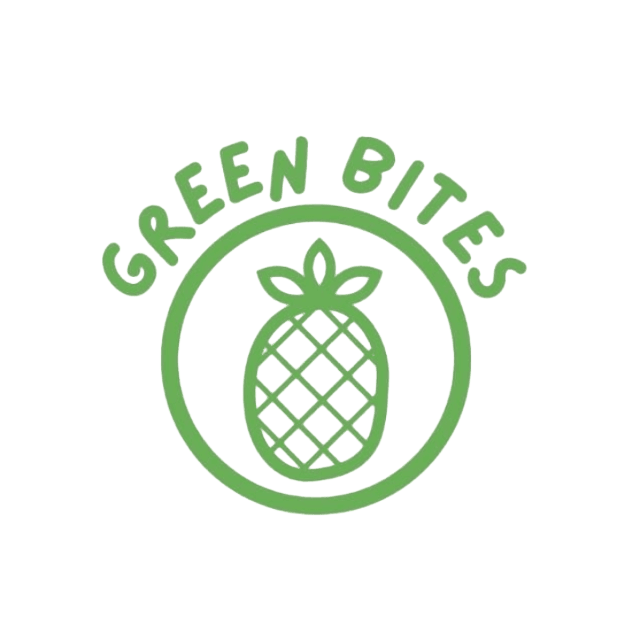Believing Is Seeing

3 November 2025
I’m presenting a webinar on Frances Moore Lappé’s Diet for a Small Planet in a couple of weeks, and her 50-year-old yet remarkably relevant teachings have been on my mind. Her work feels especially timely as 42 million Americans face the suspension of SNAP benefits. Throughout her career, Lappé emphasized that hunger isn’t caused by food scarcity, but by inequity…by the uneven distribution of wealth and the inability of the poorest people to access our nation’s abundance.
It’s often said that the U.S. could feed everyone, or that we already grow enough food to do so. I can’t confirm which is technically correct, but I do know that over one-third of our food ends up in the trash. Meanwhile, 12% of Americans rely on SNAP for food assistance, and food insecurity affected 13.5% of households in 2023. That’s not a scarcity problem; it’s a distribution problem, of both wealth and nourishment.
Yet online commentary reduces this crisis to slogans: “There’s plenty of food on the shelves.” “They should have stocked up.” “People shouldn’t depend on federal aid.” All of this may contain a kernel of truth and still entirely miss the point.
Why are full-time workers unable to afford food? Why are children and people with disabilities used as bargaining chips in political standoffs? And why are we acting as if this came out of nowhere?
Food prices have soared. The wealth gap has widened. Food insecurity remains a key social determinant of health. Hunger cannot be discussed in isolation - it intersects with healthcare, nutrition education, agriculture, manufacturing, and marketing. As my former Teachers College professor, Joan Dye Gussow, recognized decades ago, these systems are deeply interdependent. (She was, by the way, the one who told us to “eat food” long before Michael Pollan popularized the phrase.)
As a Registered Dietitian working with SNAP recipients, I see both the resilience and the frustration of those living with food insecurity. Many are eager to learn how to stretch their food budgets healthfully; others are consumed by more immediate struggles. I don’t believe any want to depend on government aid.
For those with privilege, food is everywhere. But for someone choosing between rent and dinner, “healthy choices” can feel like a luxury. Each of us interprets the world through our own lens - objects, and foods, have meaning only through our perspective. We see what we believe.
Take a hamburger: to one person, it’s comfort food; to another, it’s tied to culture or religion; to others still, it symbolizes environmental harm or poor health. Unless we’re willing to question our assumptions, we remain blind to our own biases about food.
The 20th century transformed how we eat, from industrial agriculture and chemical preservatives to marketing and mass production. But our modern food system is barely a century old - and it’s failing both people and planet. Regenerative agriculture now offers proof that less intensive, more ecological methods can yield healthier, more abundant food.
Today’s supermarket shelves may boast 40,000 more items than two decades ago, but those products are controlled by just ten major corporations. Consolidation has concentrated power while farmers and consumers lose out. Conventional agriculture is unsustainable, and the health and climate costs are immense.
We’ve been learning about climate change for a century, yet our food system seems to move in the wrong direction. One of the most powerful levers we have to cut greenhouse gas emissions lies on our plates.
We need to teach our children that plant foods - vegetables, fruits, legumes, whole grains, nuts, and seeds - are not just good for the planet, but essential for reaching their potential. Healthy people have more fun…but first, everyone needs equitable access to healthy food. This impacts not just the SNAP recipients, but also the farmers growing food, grocers who sell it, a healthcare system that pays for “cheap food” with expensive medical care, and all taxpayers.
If you have the privilege of choice, choose a plant-predominant dietary pattern that supports both human and planetary health.
And don’t forget to vote.
Contact Green Bites
Let's Talk
I'll get back to you soon to discuss your needs.
